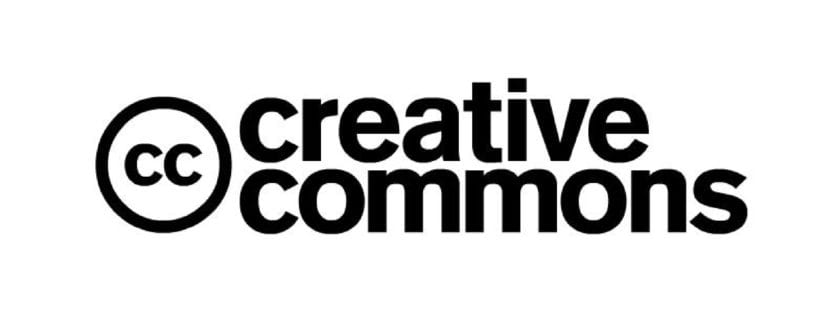
Although there are several Laws that protect the copyright of works, it is difficult to control and more if we refer to the network. Many authors allow other users to use their works under certain conditions. These conditions are set by the Creative Commons licenses. They allow us and guarantee us rights to content.
There is a total of six different types of Creative Commons licenses. If you are interested in knowing more about the subject, do not stop reading because we will give you a simple summary on the subject. You can benefit whether you are an author who wants to share their works, or on the other hand, you are a user who wants to use someone else's material while respecting the conditions.
What is Creative Commons?
As we already told in a previous post, Creative Commons is about a nonprofit organization. It is located in California, United States. Are dedicated to guarantee the authors of different pieces the limits of exploitation of their works or creations on the Internet. On the other hand, it allows users to legally use projects or works of others, as long as the licenses are respected.
There are different types of licenses Creative Commons. The different visual symbols are associated with each of the licenses and, therefore, the different permissions that each one of them allows. We will see them below to know what they offer us.
Creative Commons License "Layers"
As they call them, licenses consist of three "layers". First of all, we find the first layer that we will find in any license: Lega Codel. As not all users have legal knowledge, the second layer “Common Deed” or “human readable".
La final layer of the license is the one recognized by the software. It is used to make it easier for the Web to detect works under Creative Commons licenses. The translation in this case would be "Machine readable".
Type of licenses

These licenses have different parameters that can be combined with each other. We see them below:
- Attribution (BY): This license allows others to use the work as long as the authorship of the original creation is acknowledged. It can be distributed, mixed, used for commercial purposes among other purposes. In summary, the work can be used, but quoting the author.
- Share the same (BY-SA): To use the works under this license it is essential to cite the author and they license their new works under the same terms, they must be identical.
- Without derivative work (BY-ND): In this case, the work can be used, that is, its redistribution, commercial or not, as long as it is not modified and is transmitted in its entirety. And of course, acknowledging the author.
- Non-commercial (BY-NC): It allows you to modify the work and build another from the original but as long as its purpose is not commercial.
These four previous ones are the main ones, but there are two more that mix requirements, which are the ones that we will explain below.
More licenses, the most restrictive
Next, we will cite the two remaining licenses, these combine the requirements mentioned above. Let's get to know them:
- Non-commercial - No derivative work (BY-NC-ND): It is the most restrictive license of all. It only allows us to download the work and share it as long as the author is recognized and is not modified. Also, it cannot be for commercial purposes.
- Non-commercial - No derivative work (BY-NC-SA): This license allows us to mix, adjust and create from the original work as long as it is not for commercial purposes. You must also acknowledge the author and attribute the same license to the new work.